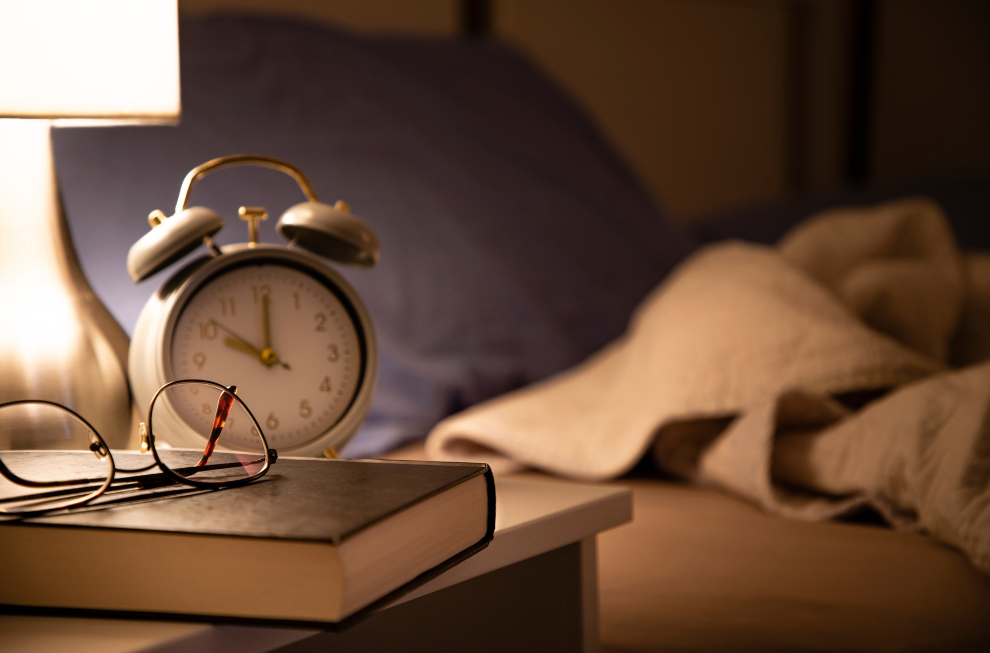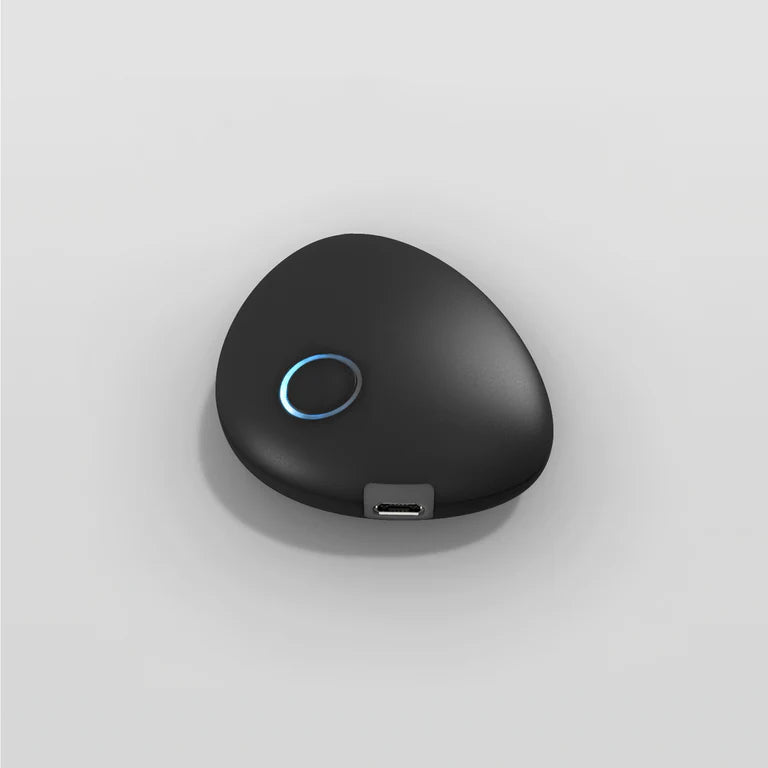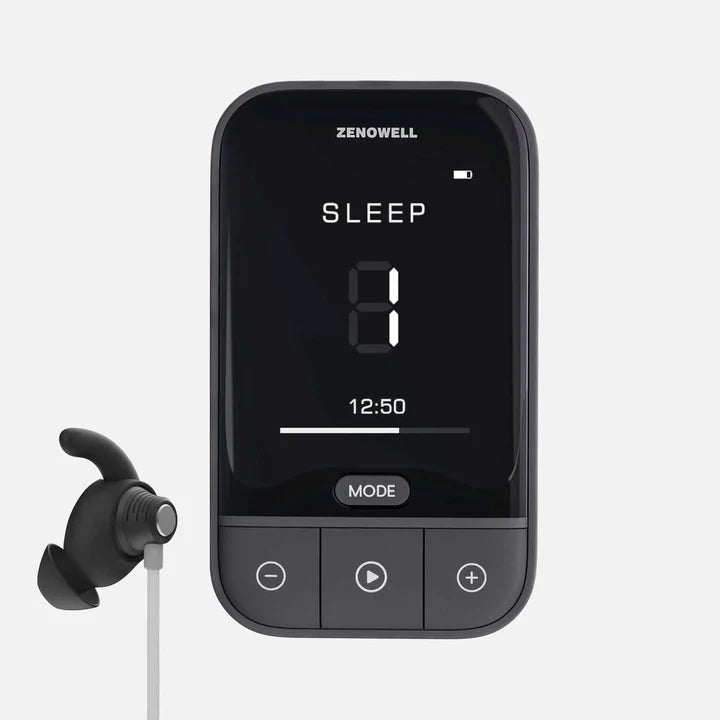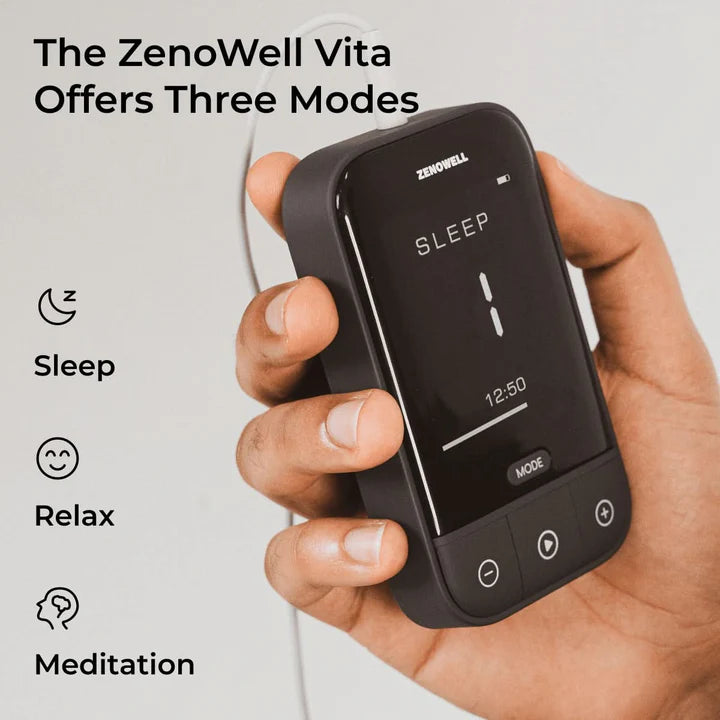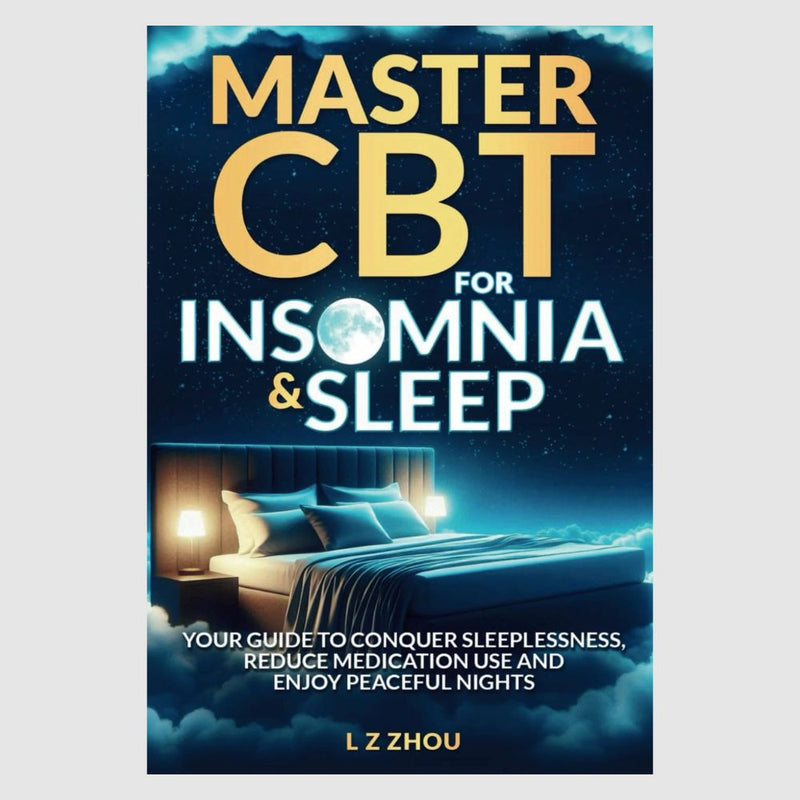Anxiety disorders and sleep disorders are common health problems that often happen together. When they do, they can create a cycle that makes both worse, affecting a person’s overall well-being.
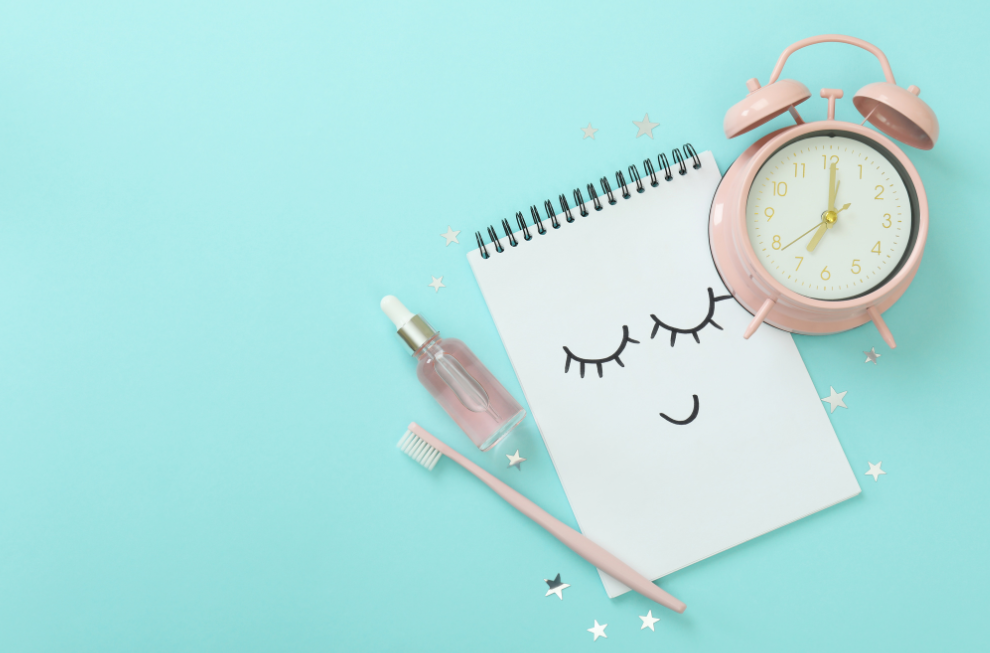
Effective Night Time Routines to Combat Anxiety and Improve Sleep
One of the most overlooked causes of poor sleep is Anxiety.
The feeling of being anxious can make it really hard to get a good night’s sleep. But having the right nighttime habits can help calm your mind and improve your sleep. Here are some expert tips to create a bedtime routine that helps you rest better.
1. Keep a Regular Sleep Schedule
Going to bed and waking up at the same time every day helps your body’s internal clock work properly. This makes it easier to fall asleep and wake up feeling refreshed.
When your body knows what to expect, it learns when it’s time to wind down. Irregular sleep schedules can make it harder to sleep and can increase stress and anxiety. Keeping a steady routine not only improves sleep but also helps manage anxiety.
2. Make a Relaxing Bedtime Routine
Doing calming activities before bed signals your body that it’s time to sleep. You could read a book, take a warm bath, or practice relaxation techniques like deep breathing or meditation.
These activities help your mind and body switch from the busy day to a relaxed state. For example, a warm bath relaxes your muscles and slightly raises your body temperature. When you get out, your body cools down, which tells your brain it’s time to sleep.
Mindfulness and relaxation exercises can also help reduce anxiety symptoms like a racing heart or tense muscles. Doing these activities every night can make it easier to fall asleep over time.
3. Limit Screen Time
The blue light from phones, tablets, and computers can mess with your sleep hormone, melatonin. Try turning off devices at least an hour before bed.
Blue light tricks your brain into thinking it’s still daytime, which can make it harder to fall asleep. Instead, try reading, listening to calming music, or doing a quiet hobby. If you must use a device, use blue-light filters or glasses.
This simple change can help your sleep without making big lifestyle changes.
4. Create a Comfortable Sleep Space
Your bedroom affects how well you sleep. Keep it cool, dark, and quiet, and invest in a comfortable mattress and pillows.
A tidy, calm room reduces distractions and helps you relax. Blackout curtains, earplugs, or white noise machines can block outside noise. A slightly cooler room also helps your body naturally prepare for sleep.
A good sleep environment can help prevent waking up at night, which is especially helpful if you feel anxious.
5. Watch Your Diet and Exercise
What you eat and drink affects your sleep. Avoid heavy meals, caffeine, and alcohol close to bedtime. If you need a snack, choose something light and healthy.
Exercise improves sleep, but finish workouts a few hours before bed. Physical activity releases endorphins, which reduce stress and anxiety. Moderate exercise like walking or swimming earlier in the day can help you sleep better at night.
6. Try Mindfulness and CBT Techniques
Mindfulness and cognitive-behavioural therapy (CBT) methods can help reduce anxiety and improve sleep. Mindfulness meditation focuses your mind on the present, which can calm racing thoughts.
CBT techniques can change negative thought patterns that cause anxiety and sleep problems. For example, cognitive restructuring helps you recognise and replace anxious thoughts with more realistic ones.
7. Use Vagus Nerve Stimulators
Including these practices in your nightly routine can address the causes of anxiety and help you sleep better.
Conclusion
A good nighttime routine can reduce anxiety and improve sleep quality. By following these strategies, you can create a calm bedtime and feel healthier overall. Remember, it takes time to build these habits, but the benefits are worth it.
Stress can make it hard to sleep. When stress builds up over time, it can cause insomnia and other sleep problems, making your health worse. Using relaxation techniques before bed can help calm your mind and improve your sleep.
Read More
Related Products
- Regular Price
- from $50.00
- Sale Price
- from $50.00
- Regular Price
-
- Unit Price
- per

